
Marselan is a grape that beautifully blends heritage and innovation. This bold red variety, born from the crossing of Cabernet Sauvignon and Grenache, offers winemakers and wine lovers a rare mix of concentration, finesse, and adaptability. It’s a grape that speaks to the future of viticulture—climate-resilient, flavor-rich, and deeply expressive of place.
In this guide, we take a deep dive into:
Whether you're a curious drinker, a sommelier, or a viticulturist, this profile will expand your understanding—and appreciation—of one of the most exciting modern red grape varieties.
Marselan is a red hybrid grape variety created in 1961 by French scientist Paul Truel at the INRA (French National Agricultural Research Institute). His goal was ambitious: to create a grape that could combine the structure and complexity of Cabernet Sauvignon with the ripening reliability and warmth of Grenache. The resulting varietal, Marselan, didn’t quite meet the original intention of producing large berries but surprised researchers with its intensity of flavour and colour.
This vine variety produces small berries packed with anthocyanins (colour pigments) and tannins. For this reason, it produces deeply colored wines that are aromatic and structured, with excellent aging potential. Its characteristic loose bunches and thick skins give the grape a good disease resistance to powdery mildew and botrytis, while also supporting a long ripening period in hot, dry climates.
Marselan, which was added to the official register in 1990, was initially planted primarily in the Languedoc region of France. Since then, it has gained international attention, particularly in countries seeking heat-tolerant and sustainable grape varieties. Today, Marselan is known for producing balanced, age-worthy red wines that reflect both their terroir and the innovative spirit behind their creation.
Whether you are a fan of Marselan or want to revisit it, here are 5 fun facts that will enrich your journey the next time you pour this wine in your glass:
The story of Marselan begins in the early 1960s, a time when viticultural research in France was focused on creating new varieties that could better withstand disease pressure and adapt to changing environmental conditions. Paul Truel, working under INRA, saw the potential in crossing two of France’s most iconic grapes: Cabernet Sauvignon, known for its structure, tannin, and longevity, and Grenache, prized for its fruit-forward character and heat tolerance.
The result, Marselan, was named after the town of Marseillan, located near the INRA vineyard collection. However, Marselan didn't initially gain widespread approval. Its small berry size made it less attractive to producers, who considered this grape not suitable for commercial release and preferred high-yielding varieties. It wasn’t until 1990 that the variety was formally added to France’s official registry and approved for commercial releases.
Marselan’s fortunes began to change in the early 2000s, as climate change became a central issue in viticulture. Suddenly, its resilience to heat, low susceptibility to mildew, and ability to retain acidity became highly desirable traits. The grape saw renewed interest in Southern France, and later in China, South America, and California, where it produced wines of moderate quality, as well as some fine examples.
A major turning point came in 2019, when Marselan was authorized as one of the six new grape varieties allowed in Bordeaux blends. This decision, backed by a decade of research from the INAO, signalled that Marselan wasn’t just an experiment—it was a serious contender for the future of French wine.
Today, Marselan is an example of how lower-yielding varieties, combined with ecological foresight, can provide winemakers with tools to meet the challenges of a warming world.
Marselan is prized for its adaptability, but growing it to its fullest potential requires attention to specific conditions that bring out its best traits.

Marselan performs well in a wide range of soils, but it thrives in dry soils with good drainage, which concentrates flavour and encourages deep root growth. The most suitable include:
These soil types help ensure the grape develops balance, depth, and complexity.
Marselan excels in warm to hot climates, where it can undergo a full, extended ripening phase. For this reason, it thrives in a Mediterranean climate. Some of the ideal conditions are:
Thanks to its genetic resilience, Marselan remains one of the best candidates for climate-resilient viticulture, capable of maintaining quality in both traditional and emerging wine regions.
Though born in France, Marselan has spread far beyond its origins and is now grown in a growing number of dynamic wine regions around the globe.

As its homeland, France offers Marselan the perfect Mediterranean conditions—sunny days, low rainfall, and mineral-rich soils. It’s found in appellations like IGP Pays d’Oc, where it often shines in both blends and varietal wines, prized for their concentration, color, and balance.
Marselan has found a second home in China. In regions like Ningxia, Marselan is planted at high altitudes with dry continental climates, producing wines that are ripe yet elegant, with spice, red fruit, and soft tannins. The grape’s low disease pressure and adaptability make it ideal for China's growing wine industry.
In the US market, especially within California’s North Coast, Marselan is appreciated for its rich fruit, structure, and blending potential. It grows particularly well in areas with warm daytime temperatures and cool nighttime breezes, preserving both ripeness and freshness.
Marselan is gaining attention in:
Across continents, Marselan is proving itself as a versatile, terroir-sensitive grape that responds well to careful cultivation.
Marselan produces diverse and expressive wines across styles and geographies. Here are some highlights:
Each wine reflects Marselan’s versatility, shaped by its environment and the winemaker's artistry.
Growing Marselan grapes is a modern solution for sustainable viticulture. This advantageous grape variety is praised by many sustainable producers who are implementing different eco-friendly practices:
Vineyards like Clos Des Lumières (France):
These practices prioritize grape quality while preserving the ecosystem.
Marselan’s inclusion in Bordeaux blends (up to 10% since 2021) followed over a decade of research by the INAO.
Selected for:
Marselan exemplifies how science and sustainability can shape the next generation of wine grapes.
The story of Marselan is one of vision, persistence, and adaptation. From a bold experiment in the vineyards of France to a rising star in China and beyond, this late ripening grape variety represents a future where quality, resilience, and sustainability go hand in hand.
Whether blended or bottled as a varietal wine, Marselan is:
If you’re searching for a distinctive red with both pedigree and potential, Marselan may just be the grape you didn’t know you were missing.
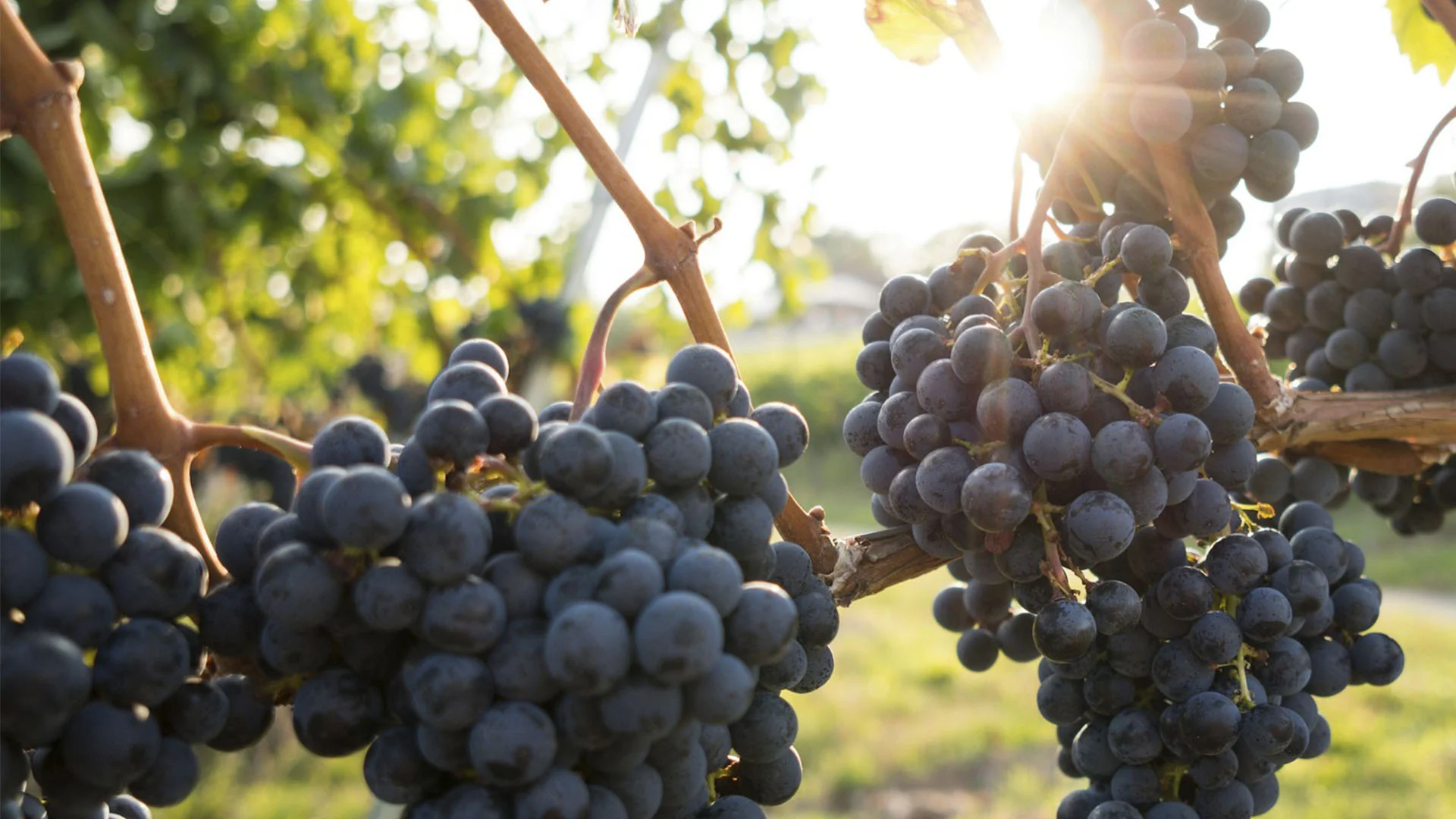
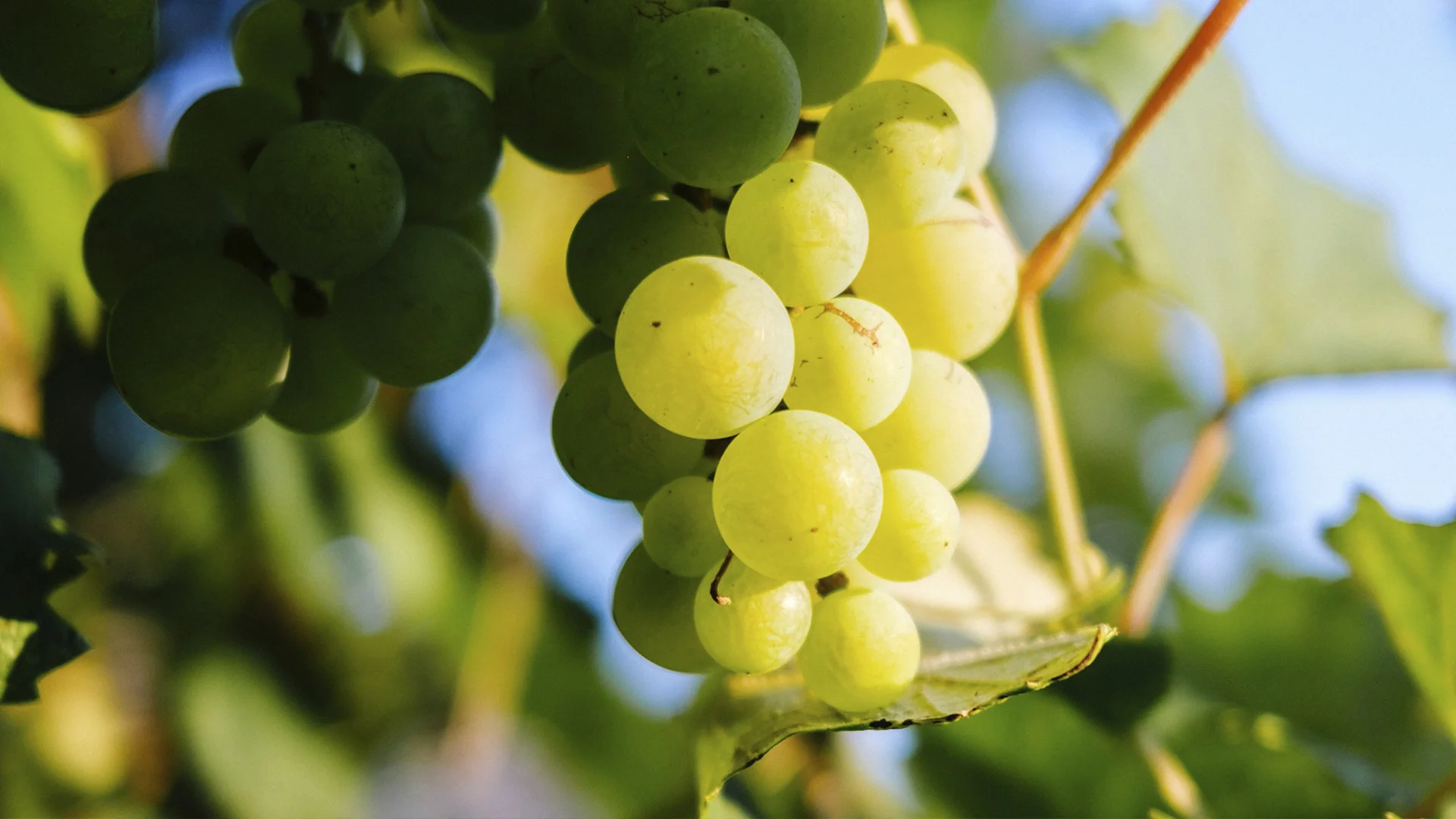
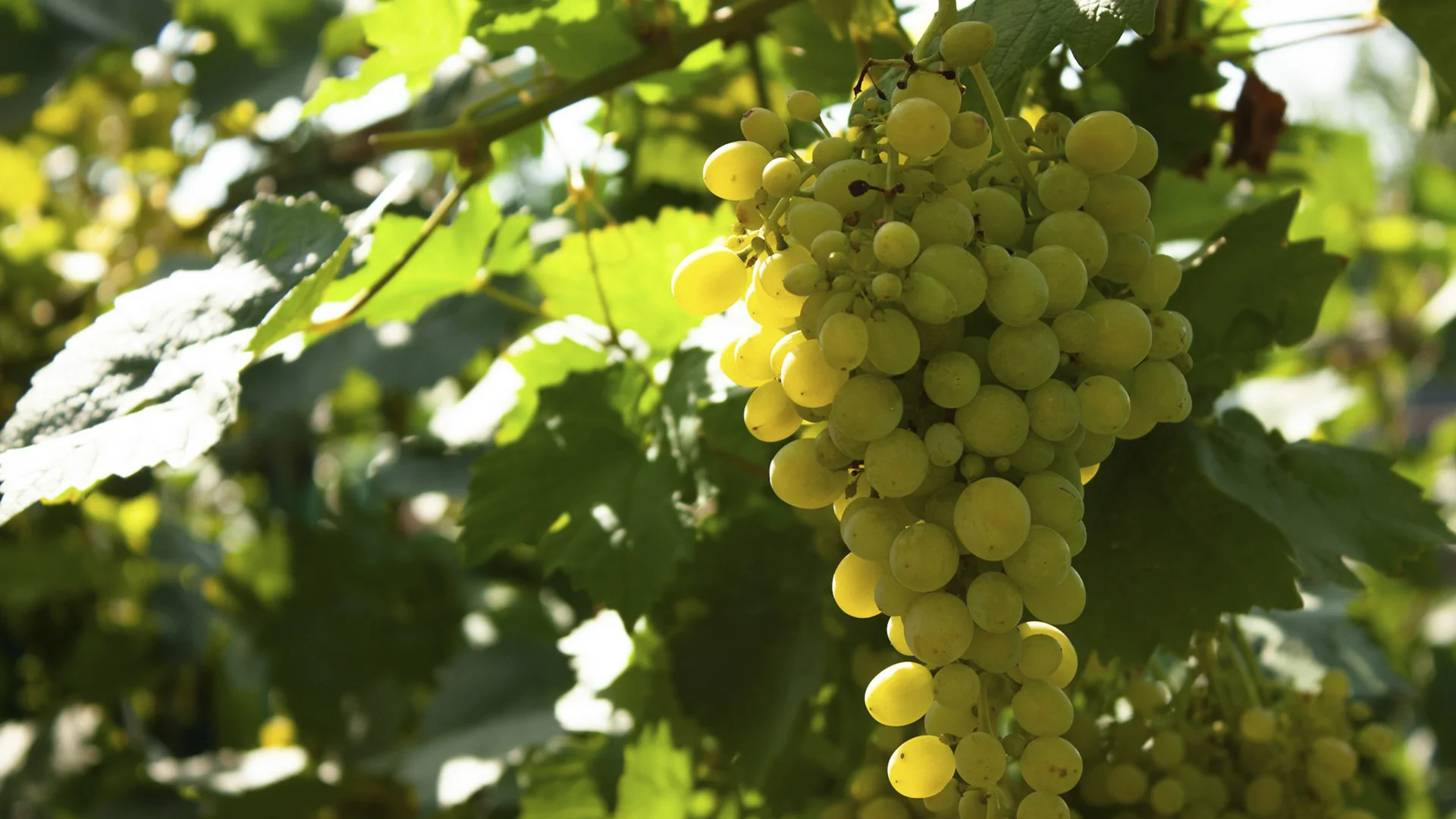
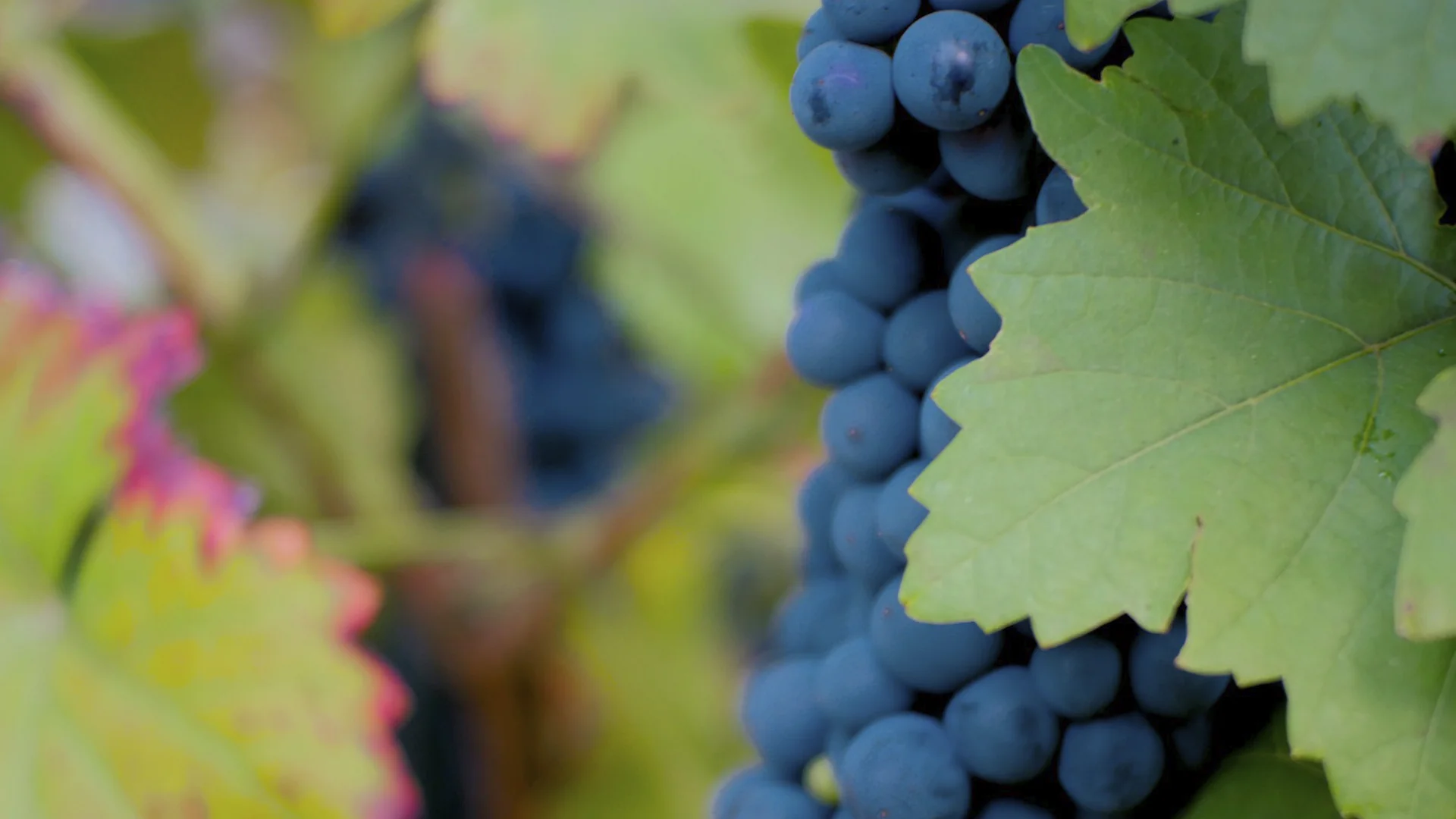
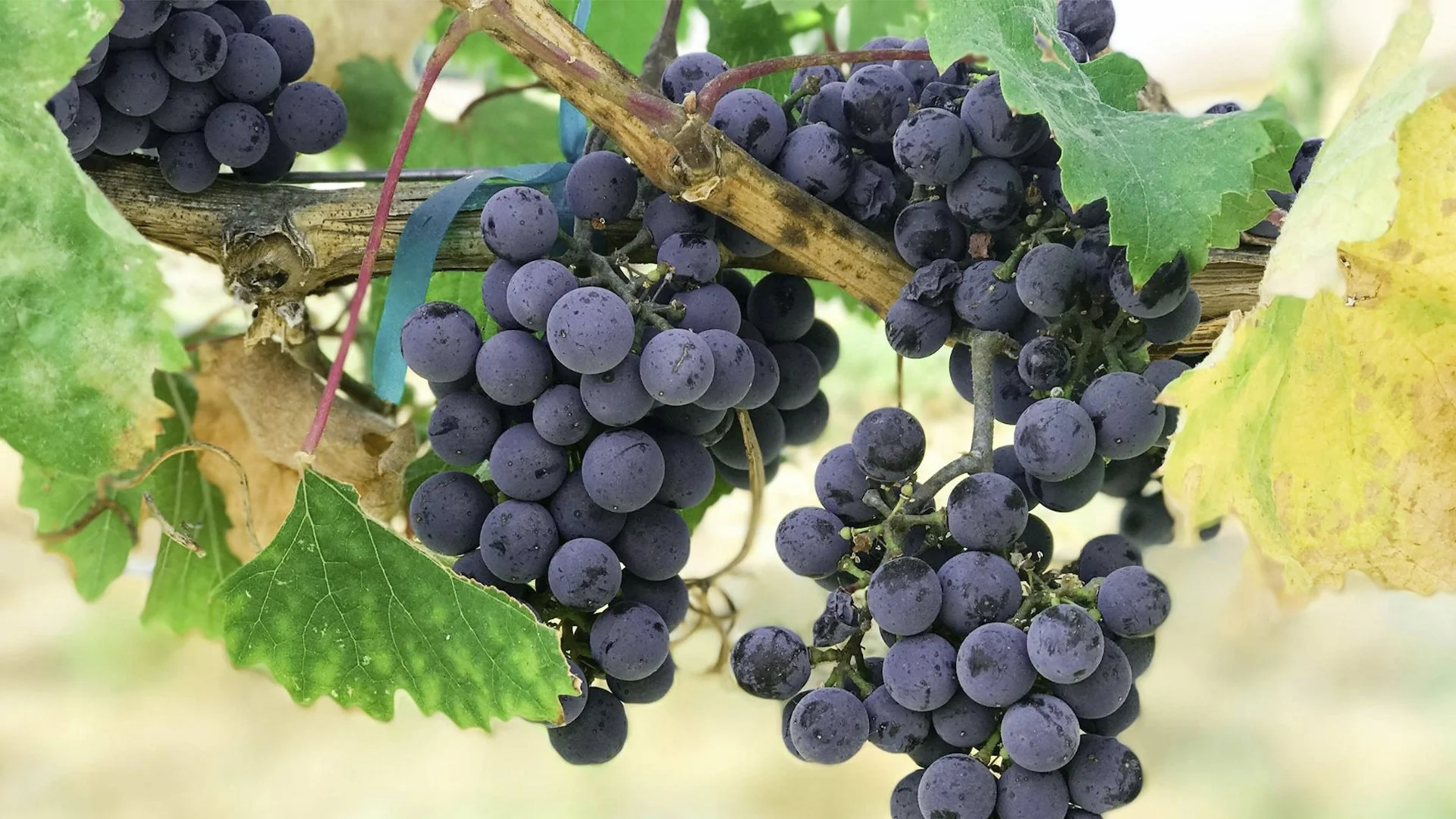
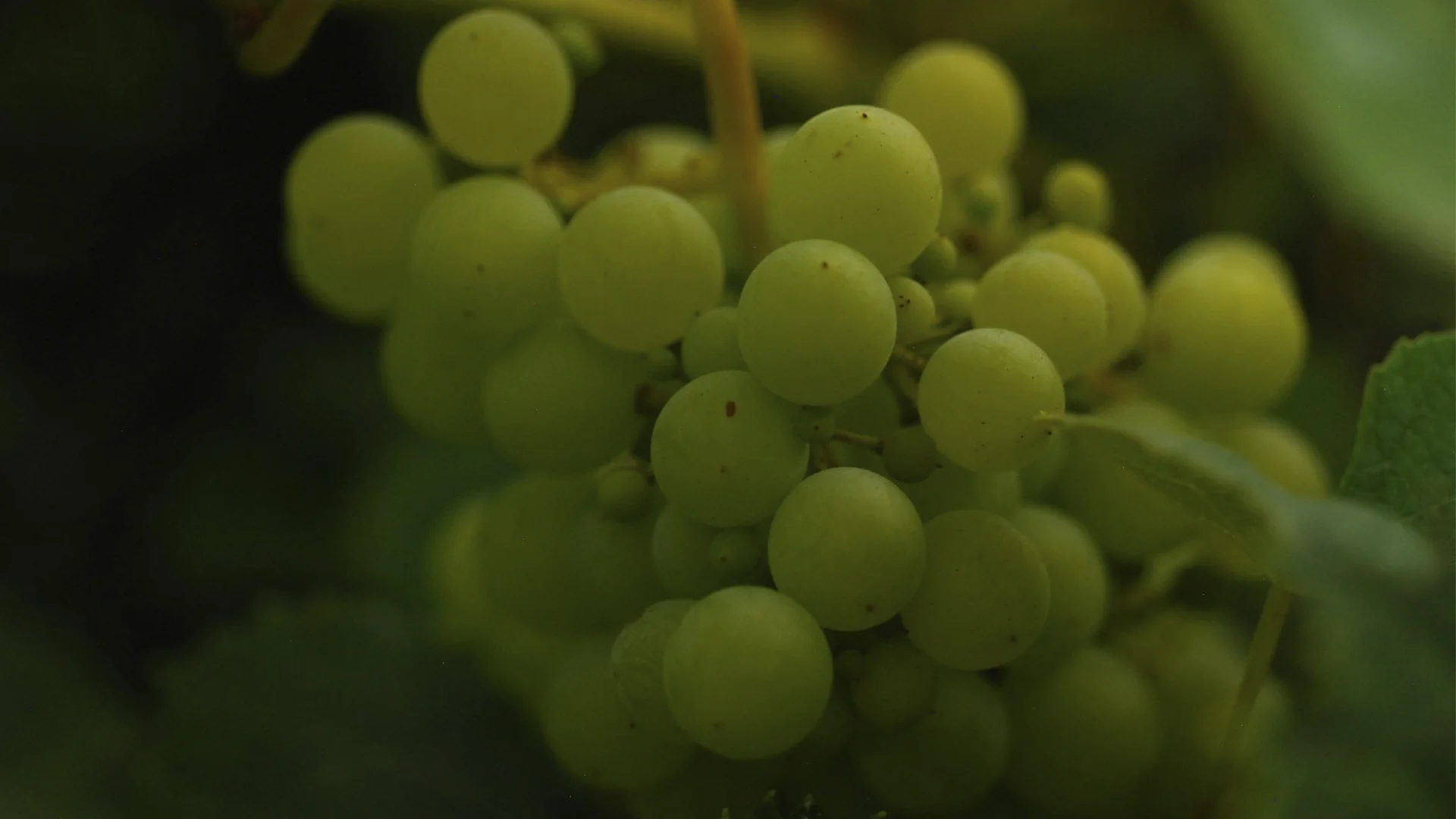
























































































.webp)

.webp)




Are you interested in
collaborating with us?